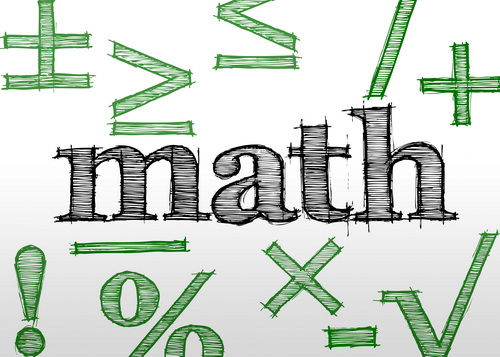
Chinese, Japanese, Koreans, and Turks are better at math because the language makes it easier to understand and comprehend. A recent Wall Street Journal article highlight how English’s complex numbering words makes it difficult to understand the place value of the numbers.
The trouble starts at "11." English has a unique word for the number, while Chinese (as well as Japanese and Korean, among other languages) have words that can be translated as "ten-one"—spoken with the "ten" first. That makes it easier to understand the place value—the value of the position of each digit in a number—as well as making it clear that the number system is based on units of 10.
English number names over 10 don’t as clearly label place value, and number words for the teens, such as 17, reverse the order of the ones and "teens," making it easy for children to confuse, say, 17 with 71, the research shows. When doing multi-digit addition and subtraction, children working with English number names have a harder time understanding that two-digit numbers are made up of tens and ones, making it more difficult to avoid errors.
Read more about this here.



